Fire spurs alert at Plant Vogtle: Why it could have been much worse
WAYNESBORO, Ga. (WRDW/WAGT) - A transformer fire put Plant Vogtle on alert for over two hours Tuesday afternoon, a situation that officials said never threatened public safety.
Georgia Power said the alert took effect at noon and ended at 2:36 p.m., and Burke County officials said no one was hurt.
The fire was outside the nuclear portion of the plant and was extinguished quickly, the company said.
While this may not seem like a major thing, fires at nuclear power plants can be serious – not so much because of the reactor but because fires can cause a loss of power – and without power, the reactor’s cooling systems could fail.
We spoke with officials about what these alerts mean for Plant Vogtle.
Burke County Emergency Management says Tuesday’s transformer fire fortunately only caused an alert.
Emergency management says even though the events on Tuesday were handled quickly, they were still prepared for the worst.
“We’re so thankful that today’s event didn’t escalate past an alert,” said Amylia Lester with Burke County Emergency Management.
READ THE INSPECTION DOCUMENT:
Lester says alerts at the plant are not common. But when they do come, they take them seriously.
“In an actual event, we do notify the public. Even if we don’t have a lot of information about what’s going on we do notify the public that something is going on,” said Lester.
A fire at a plant in Alabama in the 1970s changed the way the federal government regulates power plants because it was almost a disaster.
Now, the NRC requires a fire protection plan.
The NRC regularly inspects how plants achieve and maintain the reactor’s safe shutdown capability in the event of a fire.
The NRC just inspected Plant Vogtle on June 27.
Dave Gasperson, a U.S. Nuclear Regulatory Commission spokesperson, said the fire was contained and did not affect any of the plant’s operating systems, and a backup power system remained available for the heating and cooling system. Gasperson said the commission’s onsite inspector monitored the situation and the commission, a federal agency which oversees nuclear power plants, is determining whether additional follow-up inspections are needed.
“No findings or violations of more than minor significance were identified during this inspection,” the agency said.
Tuesday’s alert was issued for Units 1 and 2, the older part of the plant near Waynesboro, according to the company.
The U.S. Nuclear Regulatory Commission as well as state and local agencies were notified that the emergency was resolved.
“Trained personnel are working on recovery efforts in close coordination with federal, state and local officials,” Georgia Power said.
An alert “means an event has occurred that could reduce the plant’s level of safety,” the company said in a statement.
Out of four levels of emergency classifications required by the NRC, an alert is second from the lowest.
“Georgia Power’s top priority is the safety of the public and employees at the plant,” the company said in a statement. “We are committed to the safe operation of our nuclear generating facility.”
DEA seizes 1 ton of meth hidden in Georgia celery truck
Piles upon piles of methamphetamine trafficked across the Mexican border were seized in metro Atlanta, according to officials with the Drug Enforcement istration.

After the alert was issued, the Burke County Emergency Management Agency stressed that there was no danger to the public and that ”no corrective actions are needed.”
And even though crews handled Tuesday’s transformer fire without any safety issues, they always have to be ready.
“It’s about being prepared for those events,” said Lester.
Lester says people should sign up for “Code Red Alerts”. They have additional information in case of a large-scale emergency.
It’s only been weeks since the newest unit opened at the plant – seven years late and well over budget.
Units 1 and 2 have been operating at the plant for decades, while Units 3 and 4 have been under construction in recent years.
The two older nuclear reactors were completed in 1987 and 1989. If they lose primary electricity from the outside grid, as well as backup electricity from a diesel generator, the reactors can overheat and melt down. A diesel generator was never needed Tuesday, Georgia Power said.
Vogtle’s two newer nuclear reactors are designed to avoid a meltdown from a power loss.
All four of the nuclear reactors onsite continued to produce electricity at full power, Georgia Power said.
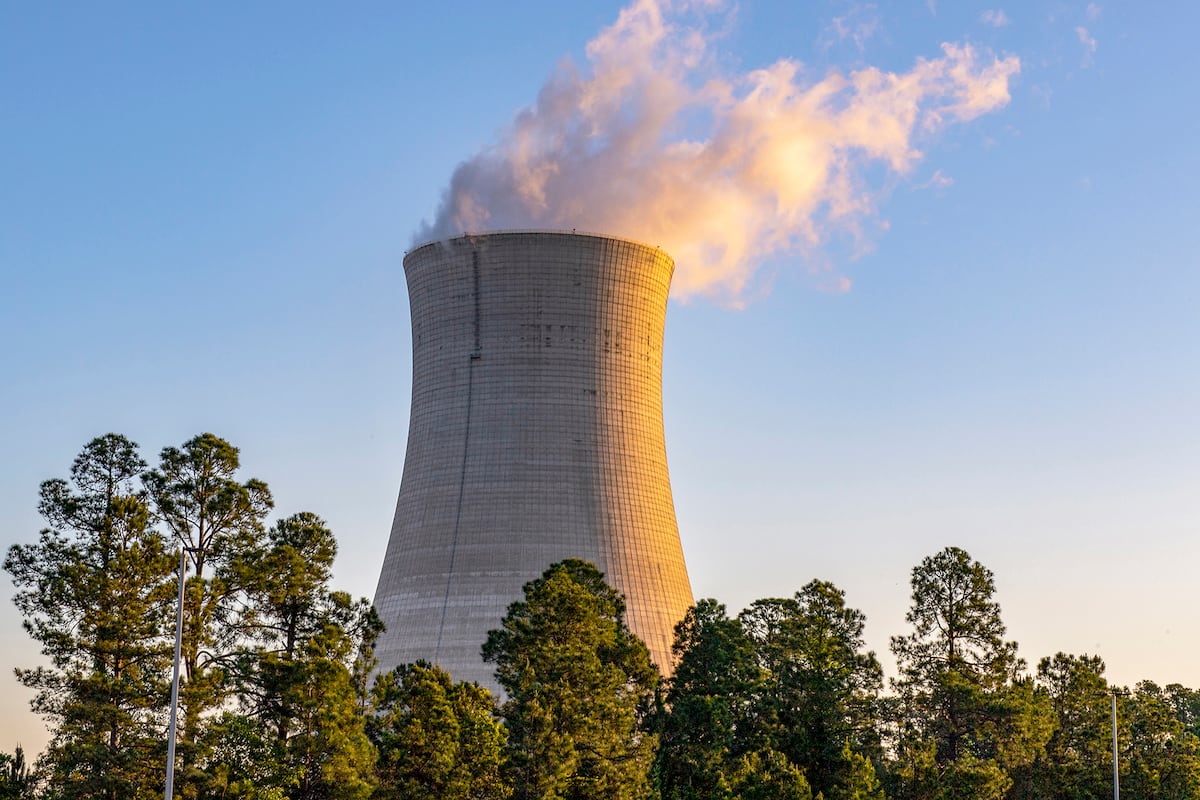
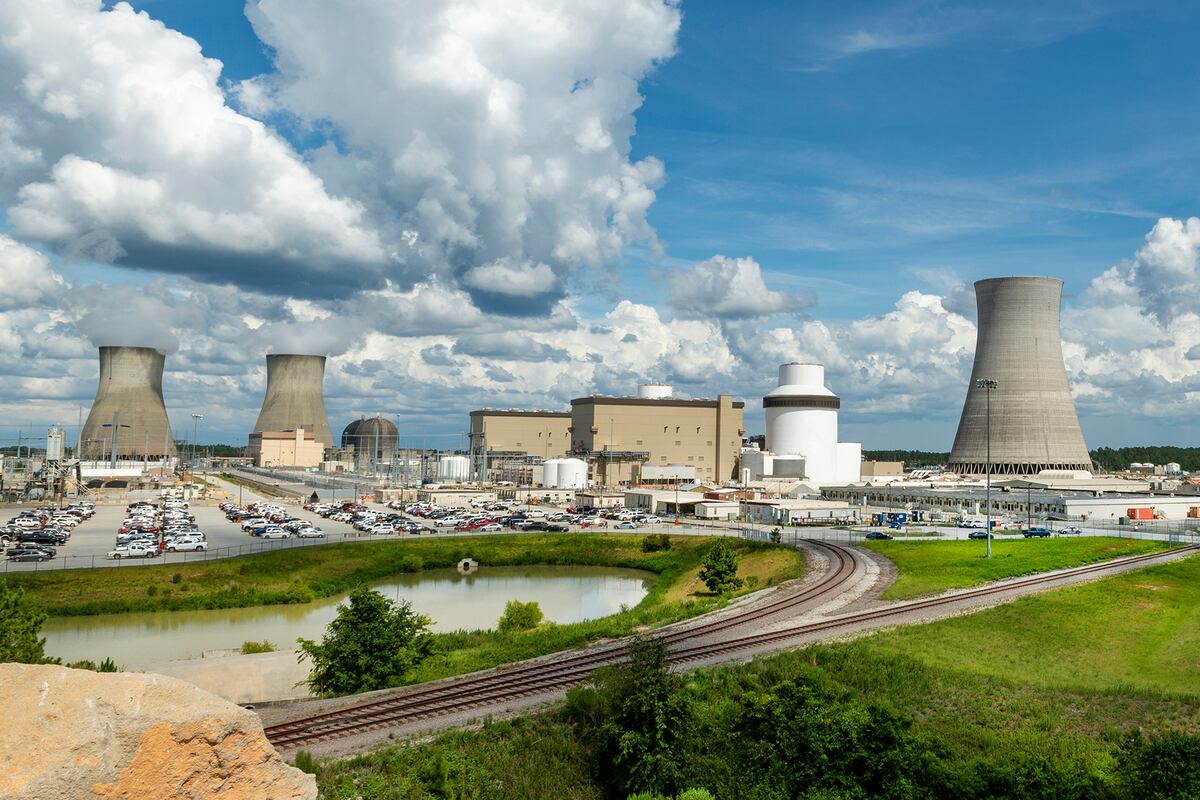
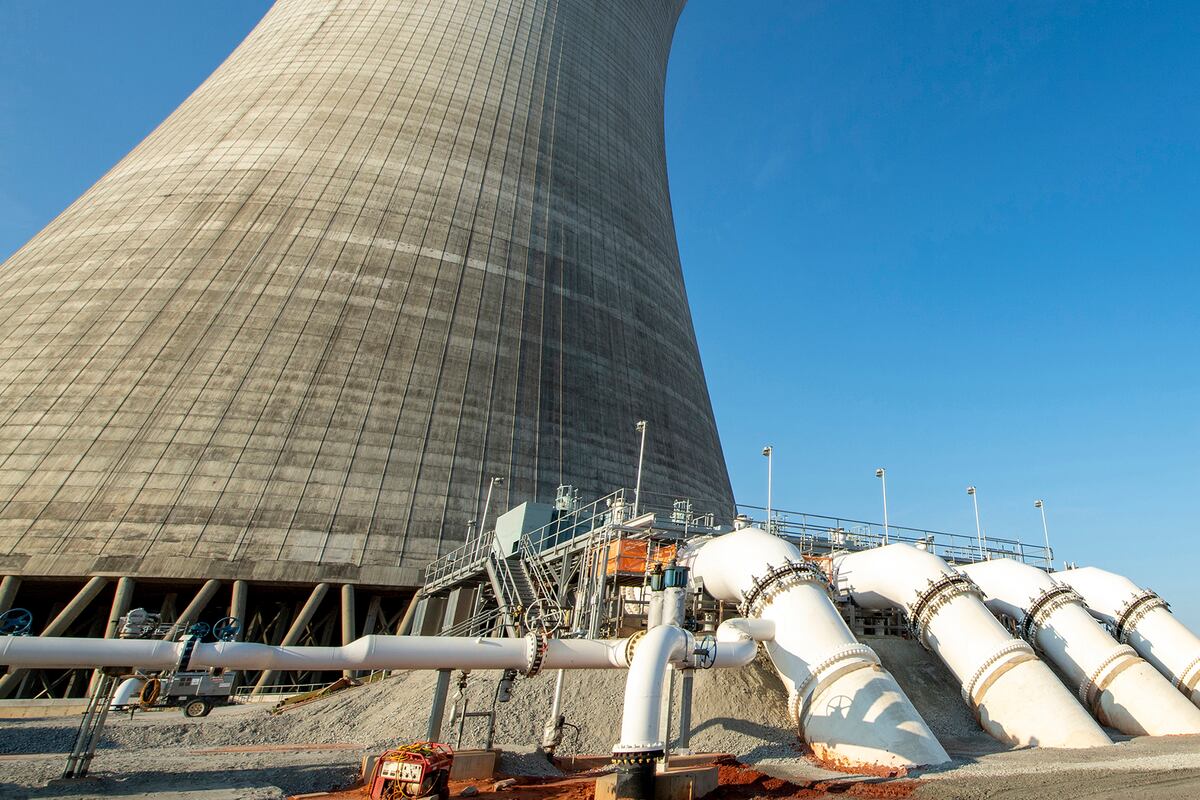
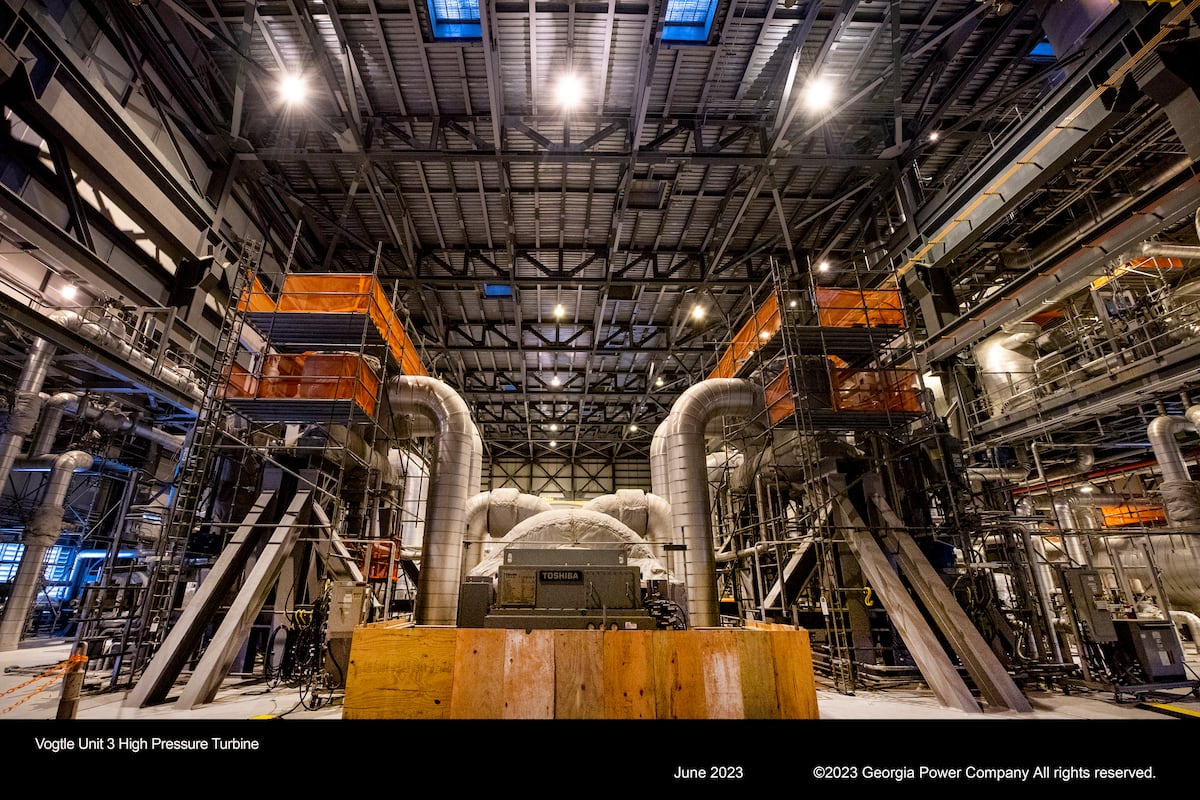
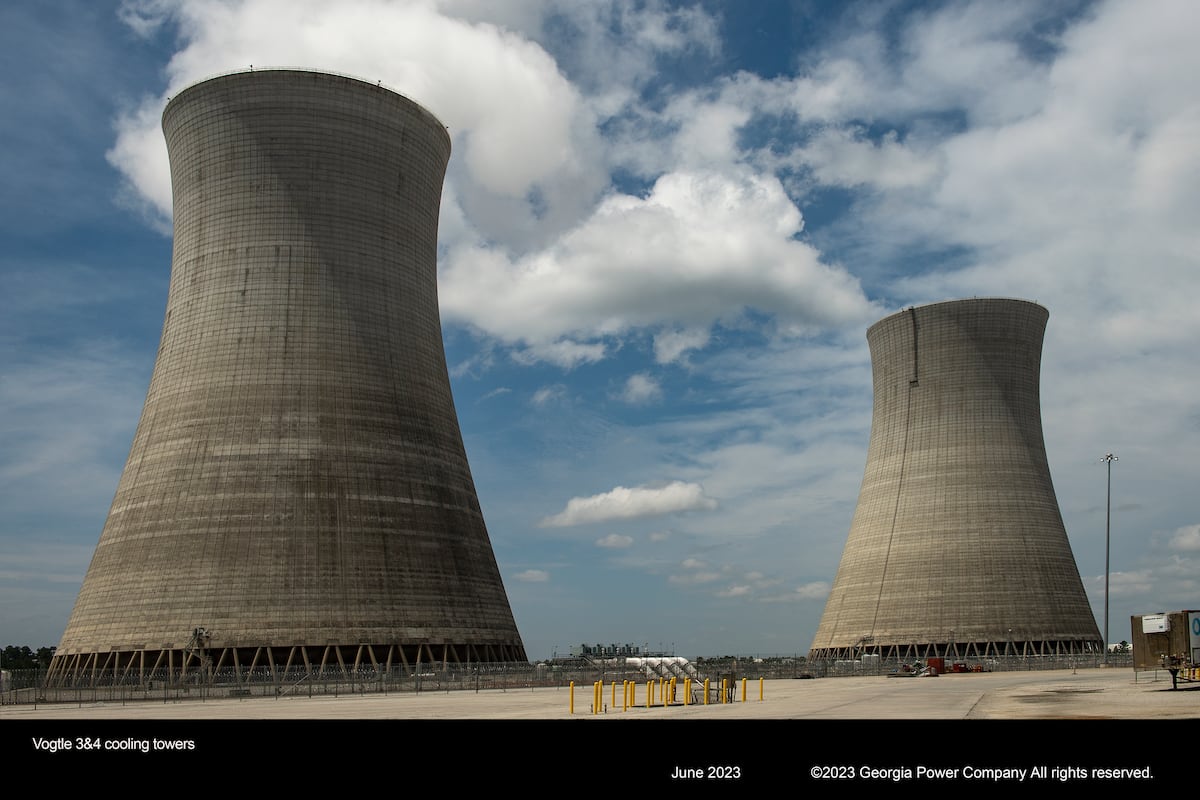
Unit 3 began operation about a year ago and then Unit 4 went online in April. They’re the first new nuclear reactors in the U.S. in over 30 years.
The expansion project’s overall cost, including financing, was listed in December as $31 billion for Georgia Power and three other owners. Add in $3.7 billion that original contractor Westinghouse paid to walk away from construction, and the total nears $35 billion.
Georgia Power owns 45.7% of the reactors. Smaller shares are owned by Oglethorpe Power Corp., which provides electricity to member-owned cooperatives, the Municipal Electric Authority of Georgia and the city of Dalton. Some Florida and Alabama utilities have also contracted to buy Vogtle’s power.
Copyright 2024 WRDW/WAGT. All rights reserved.















